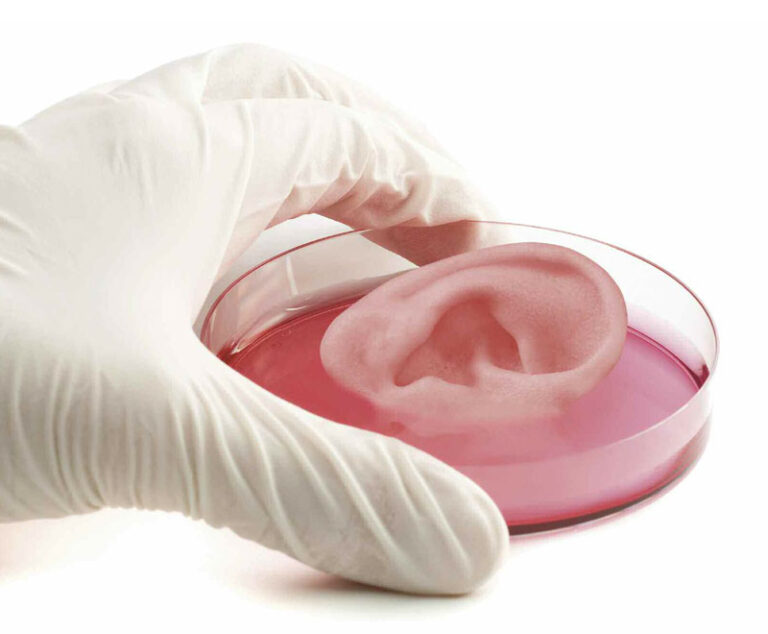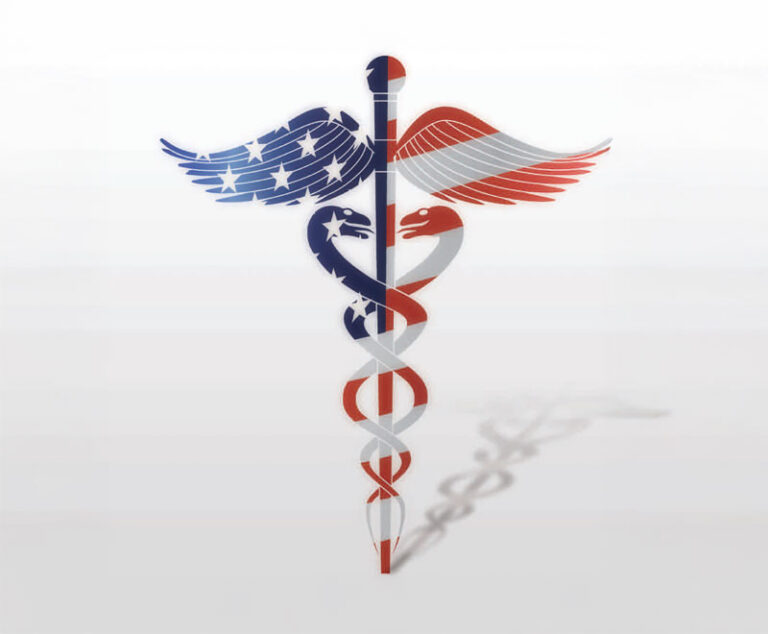Industry Insight
Information, Observation & Analysis
There is no effective treatment for this devastating disease, but research is paving the way for better diagnostic methods and new therapies to prevent, slow or stop it.
Treatment advances over the past 40 years have transformed the lives of people with hemophilia, and more innovation lies ahead.
During the past two decades, regenerative medicine has made vast strides, with skin, cartilage and even organs being grown to cure complex and chronic incurable diseases, and this is just the beginning.
Thanks to breakthroughs in genome sequencing, personalized medicine is rapidly becoming more science than fiction. As experimental therapies are replaced with data-driven solutions, we may be closer than ever to the kind of patient-specific care that promises to revolutionize the way medicine is practiced.
With increased knowledge and understanding about VWD, the disease can be more quickly diagnosed and treated, helping patients to lead normal and healthy lives.
While the anti-vaccine bandwagon is collapsing amid studies discrediting the link between vaccines and autism, public distrust remains. With some vaccine-preventable diseases reaching epidemic status, is it too late to turn the tide?
There is no cure for this disease, but with effective treatments, it is no longer a death sentence.
Compared with childhood vaccinations, adult vaccination rates are too low, resulting in thousands of deaths annually from vaccine-preventable diseases.
One in five Americans will develop skin cancer, so it’s important to know the risks of sun exposure and how to protect against harmful rays.
Physicians can expect to experience many changes in the way they practice as provisions of the Affordable Care Act continue to be implemented.
Less-common adverse reactions to IG therapy are rare, but they are more severe.











